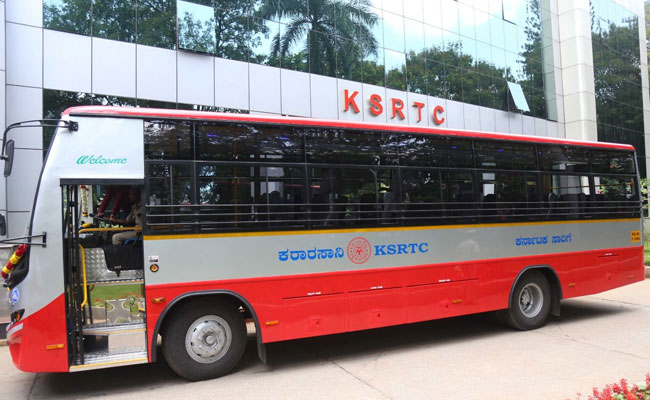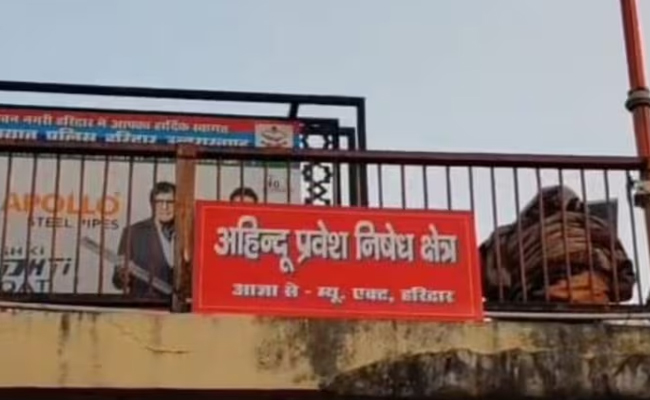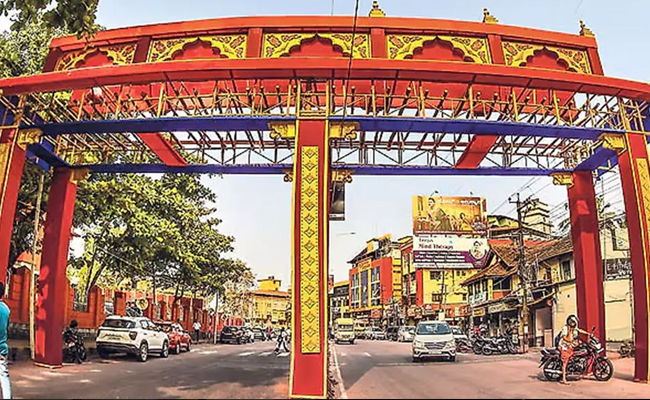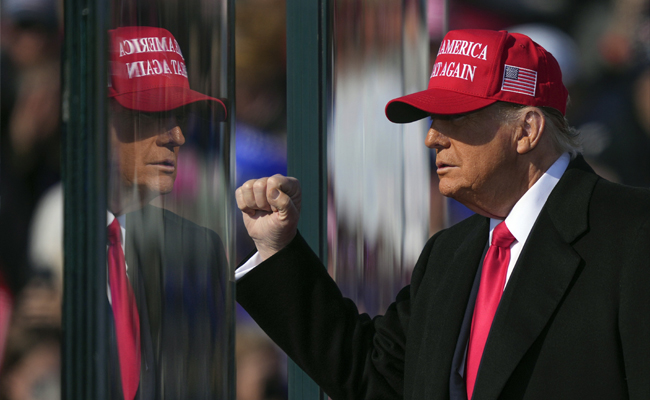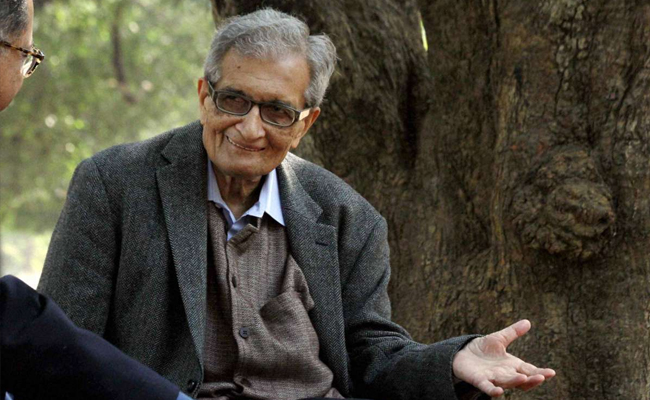Bengaluru: The Karnataka government has taken a significant step towards bolstering the Shakti scheme, which offers free bus transportation for women in the state. The government has approved the purchase of more than 1,000 buses for this initiative, allocating a budget of Rs 500 crore. This decision was reached during a Cabinet meeting held on Thursday.
HK Patil, Karnataka's Minister for Law and Parliamentary Affairs, revealed the allocation details after the meeting. He stated, "The Transport Department will procure 250 new buses for the Karnataka State Road Transport Corporation (KSRTC) at a cost of Rs 100 crore. The North West Karnataka Road Transport Corporation (NWKRTC) will receive 375 buses for Rs 150 crore. The Kalyana Karnataka Road Transport Corporation (KKRTC) will acquire 250 new buses at a cost of Rs 300 crore, while the Bengaluru Metropolitan Transport Corporation (BMTC) is set to acquire 320 air-conditioned electric buses for Rs 150 crore."
Initially, the government had sanctioned the distribution of smart cards to eligible applicants under the Shakti scheme for three months. However, it has now decided to extend the smart card distribution deadline by an additional six months. For each smart card issued to beneficiaries, a service charge of Rs 14.16 will be collected.
Transport Minister Ramalinga Reddy also revealed that the government has given approval for the recruitment of 13,000 drivers and conductors for the state transport corporation. These appointments are necessary due to existing vacancies and numerous requests received by the government. A proposal has been submitted to the Finance Department for the required approvals, he added.
Let the Truth be known. If you read VB and like VB, please be a VB Supporter and Help us deliver the Truth to one and all.
Haridwar (PTI): Amid demands to declare the Haridwar Kumbh area in Uttarakhand a Hindu zone and restrict entry to non-Hindus at all religious places and Ganga ghats within it, signs reading 'Non-Hindu prohibited area' were put up at Har Ki Pauri on Friday.
The Ganga Sabha, the organisation that manages and maintains Har Ki Pauri and the surrounding ghats, has put up these signs on all entry points to the area, including on bridge railings and pillars.
However, the main bathing ghat of Har Ki Pauri and the surrounding area are already restricted for non-Hindus according to the Haridwar Municipal Act of 1916.
These signs were put up after a video went viral three days ago showing two young men wearing Kandura (traditional Arab attire) roaming in the Har Ki Pauri area. However, it was later revealed that these two young men were Hindus and had come to make a video for their YouTube channel.
The Sabha has demanded that all religious places, temples, and Ganga ghats in the entire Haridwar Kumbh area be restricted for non-Hindus before the 'Ardh Kumbh' next year, a demand that the Uttarakhand government is also seriously considering.
Following the Kandura incident, the Sabha had also appealed to officials of government departments, other organisations, and media houses not to appoint their non-Hindu employees in this area. They stated that this was necessary to maintain the sanctity and purity of the area.
Regarding the installation of the new signs, Ganga Sabha president Nitin Gautam told PTI, "According to the Haridwar Municipal Bylaws of 1916, the entry of non-Hindus into the Har Ki Pauri area is completely prohibited. This sign has been put up to inform everyone about this bylaw."
He said that this step has been taken to publicly share information about the law and traditions, so that the sanctity of the pilgrimage site is maintained and no confusion or controversy arises.
Haridwar Municipal Commissioner Nandan Kumar also stated that the 1916 bylaws prohibit the entry of non-Hindus into the Har Ki Pauri area.

